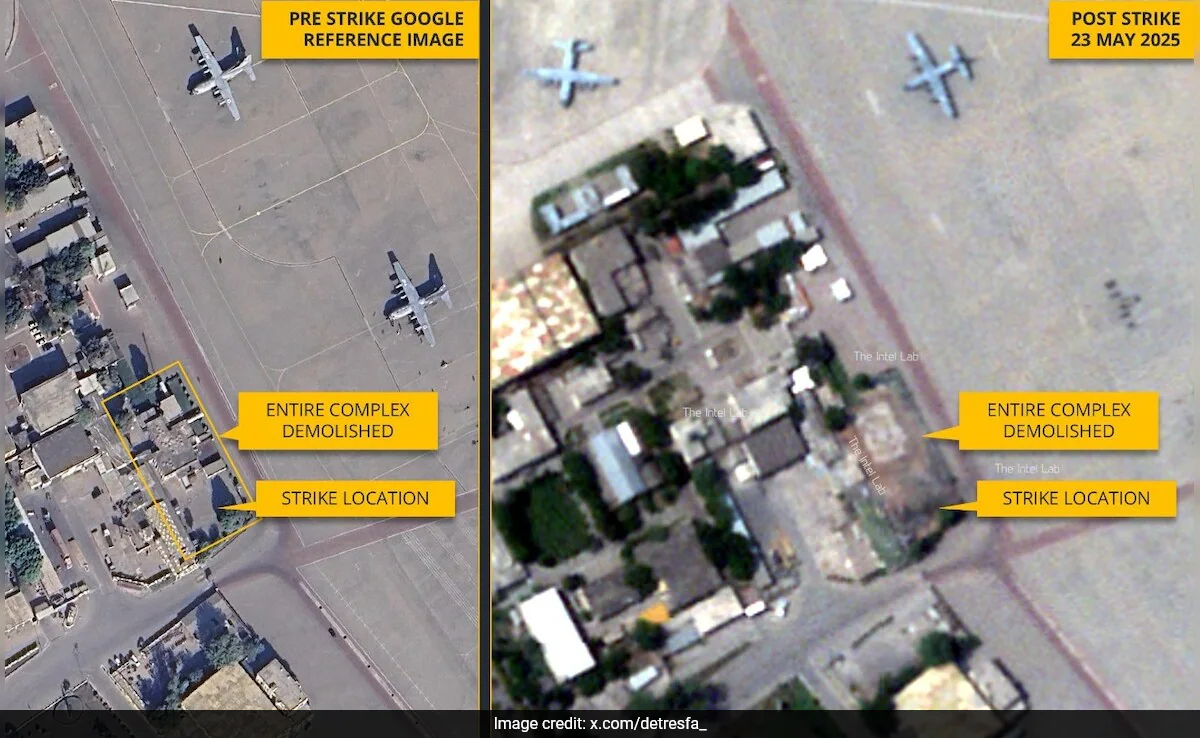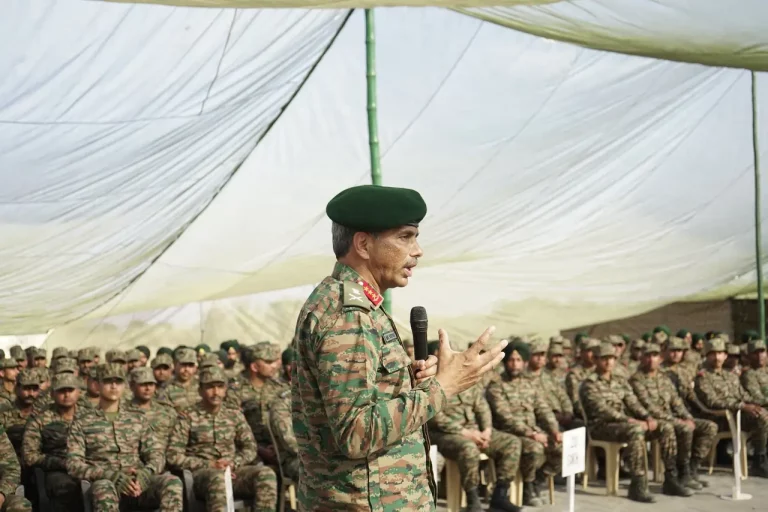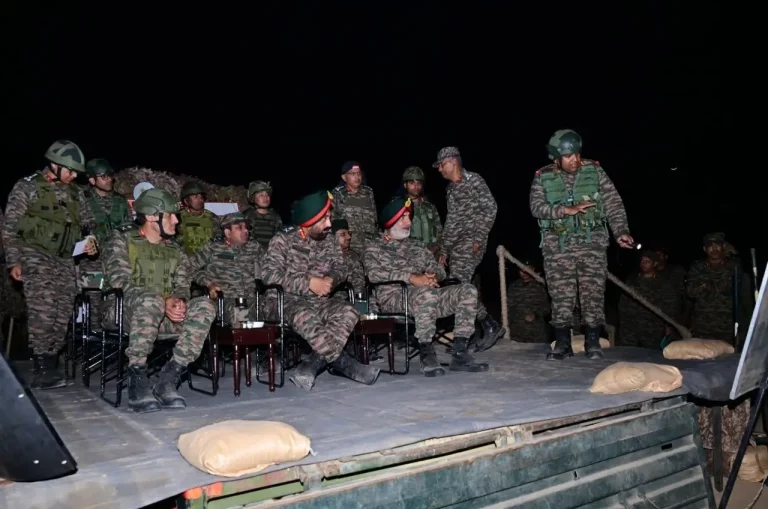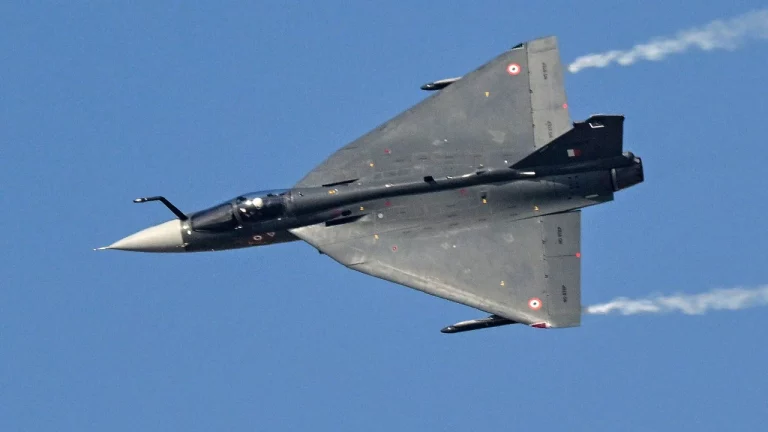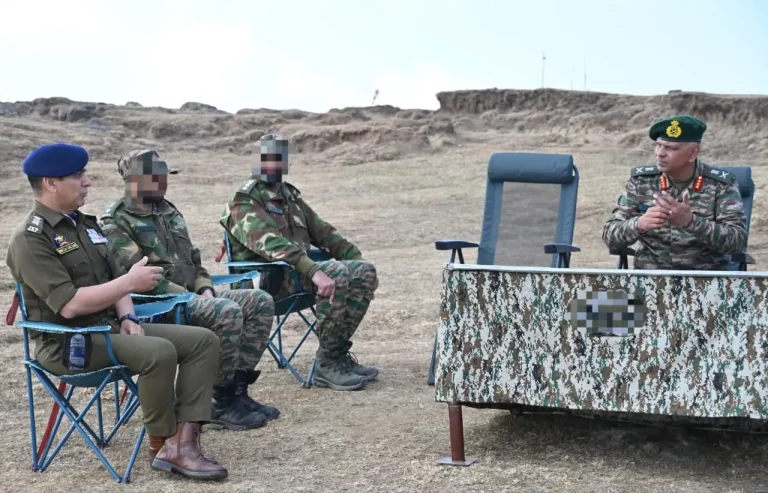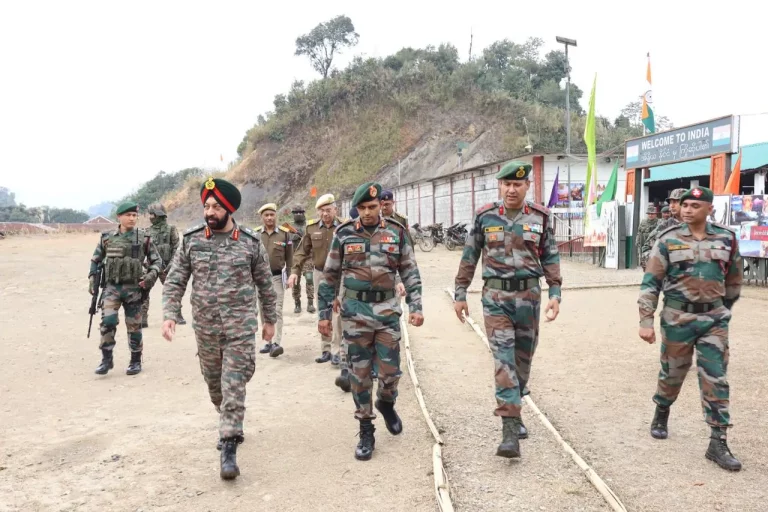In a significant development, the Pakistan Air Force (PAF) has formally acknowledged that the Indian Air Force (IAF) executed a precision strike on the Nur Khan Airbase in Rawalpindi. The attack was reportedly carried out using Spice-2000 precision-guided munitions (PGMs). This confirmation follows weeks of intense speculation and analysis from open sources, alongside mounting satellite imagery that indicated considerable structural damage at the airbase.
According to sources within the Pakistani government, the strike took place during Operation Sindoor on the night of May 9-10, 2025, when Indian Mirage-2000 aircraft targeted the facility. The choice of Israeli-manufactured Spice-2000 munitions is particularly noteworthy, as they have a reputation for exceptional accuracy and have previously been deployed by India in similar cross-border operations.
International media outlets have disseminated satellite images revealing extensive damage to the infrastructure at Nur Khan. Earlier, Pakistani officials were quick to deny any significant losses, but they have since begun to describe the airbase as “hurt” and “damaged.” However, they have not disclosed specific losses regarding personnel or equipment.
The Nur Khan Airbase is recognized as one of Pakistan’s most vital military facilities, housing critical assets such as Saab Erieye AWACS, aerial refueling planes, and transport aircraft. Analysts suggest that the implications of the strike are profound, severely impacting Pakistan’s air mobility and operational readiness. The precision and effectiveness of the IAF strike have been characterized by Indian officials as a necessary retaliation following the Pahalgam terror attack.
This admission by Pakistani authorities reflects a notable shift in their previous narrative. For weeks, officials downplayed reports of damage, even in the face of compelling evidence from international media and satellite imagery. The recent concession appears to be a strategic move aimed at managing domestic expectations while potentially laying the groundwork for future ceasefire negotiations with India.
The implications of this strike extend beyond bilateral relations, marking a significant escalation in Indo-Pakistani tensions. It underscores the increasing reliance on precision-guided munitions in South Asian air operations and raises alarms about the vulnerability of high-value strategic assets. As diplomatic efforts continue, the attack on Nur Khan may well be regarded as a pivotal moment, showcasing India’s military resolve and prompting Islamabad to reassess its defense strategies.
